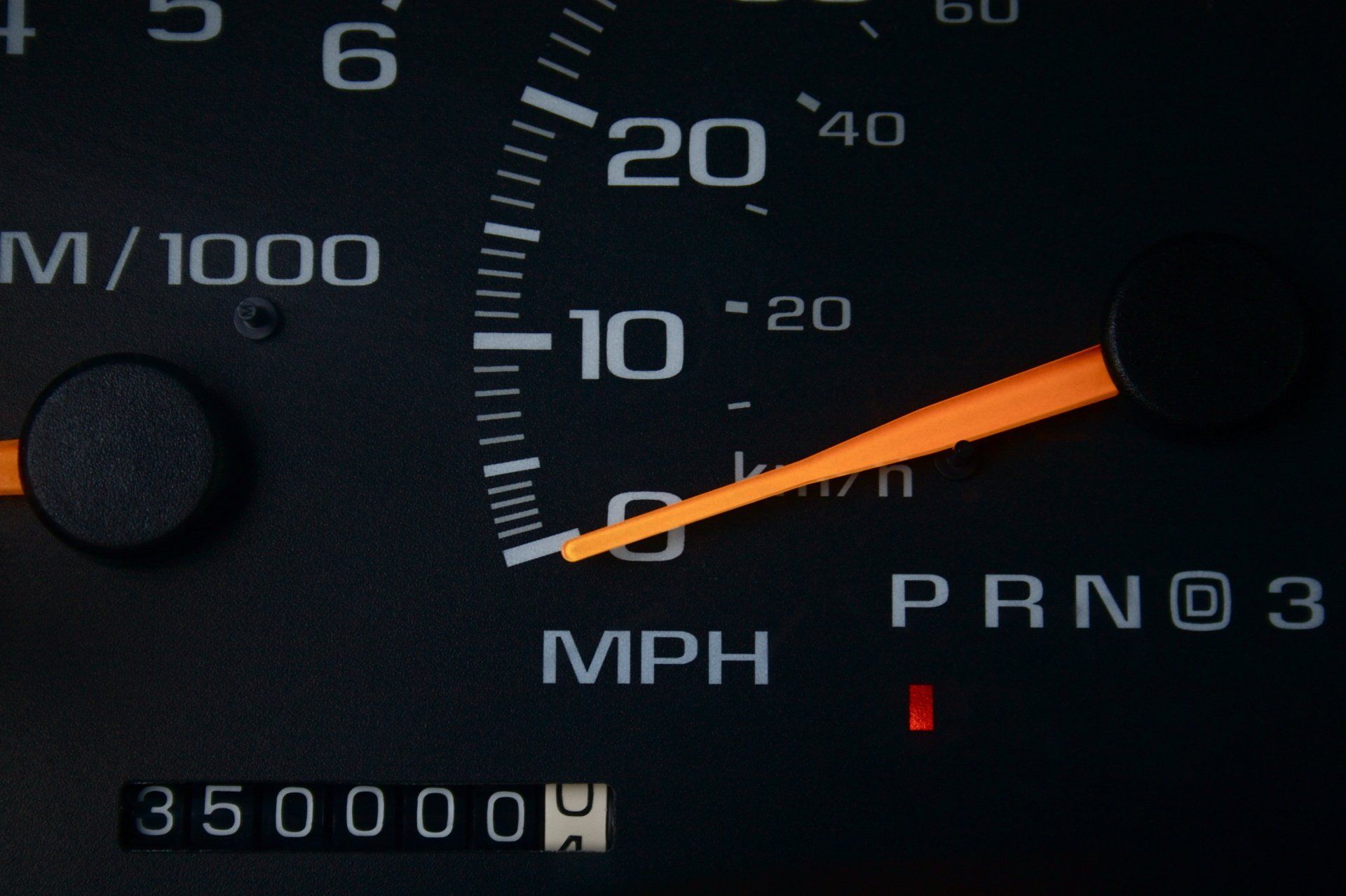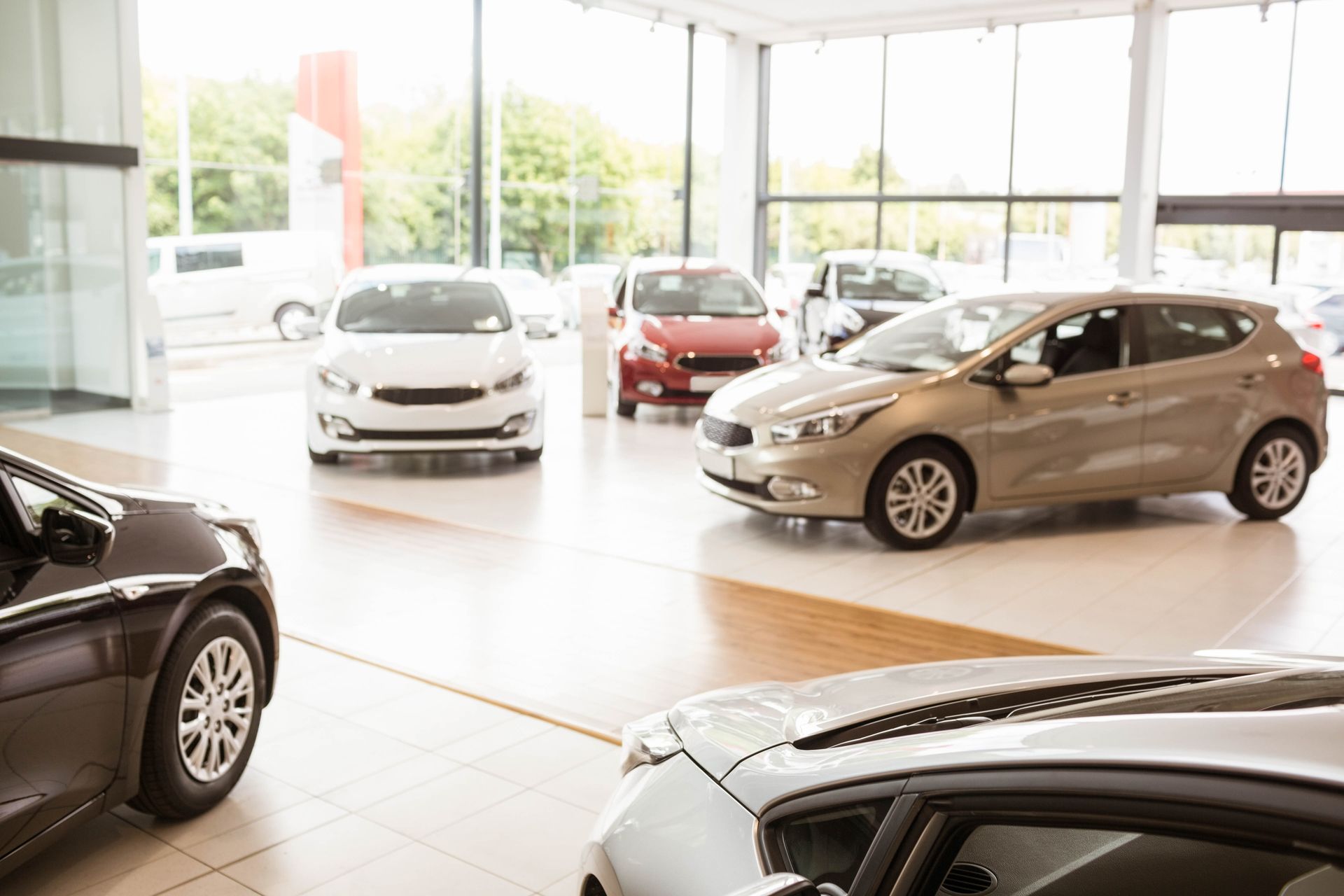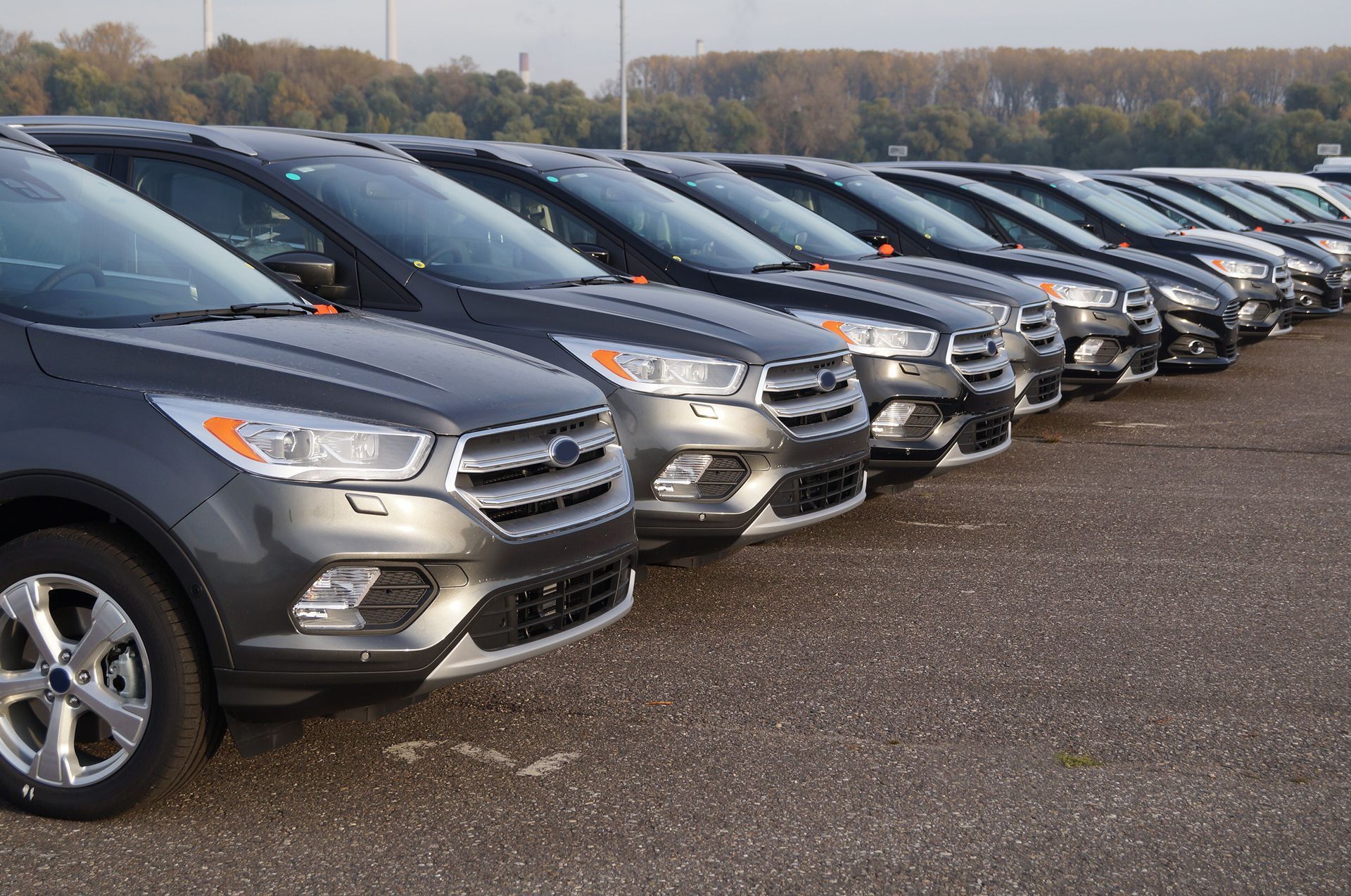At What Mileage Does a Car’s Value Start to Depreciate?

Mile one. Simply driving your car off the lot will result in about 10 percent depreciation. If you just bought a new car for $30,000 you could probably expect to resell it for about $27,000 if you put it up for sale the second you got home.
After that fast initial drop the depreciation progresses a bit more slowly – often by about 10 or 15 percent per year. According to some experts, mileage depreciation is about $0.08 a mile, but depreciation is more commonly measured in years than miles.
If you want to calculate the depreciation for your vehicle it’s best not to trust some broad percentage that’s averaged out based on every make and model of vehicle.
For example, Jeep Wranglers are frequently considered to have some of the lowest depreciation rates. In 2019 their five-year depreciation was only 27.3 percent. In that year a Nissan Leaf’s five-year depreciation rate was a whopping 71.7 percent.
How Many Unused Miles Does Your Car Have Left?
When you go to sell your car, buyers will essentially be paying for the unused miles it has left. If you have a reliable vehicle that can be expected to last for 200,000 miles and you go to sell at 100,000 miles, it should still have half its useful life left.
On the other hand, if you’re trying to sell a car that might only make it 150,000 miles chances are you won’t be able to charge as much.
If you and someone else in Washington, DC are both selling the same make and model vehicle, but their vehicle mostly sat in a garage and only has 30,000 miles compared to your car’s 100,000 miles, their car will be valued significantly higher.
At $0.08 a mile, 0.08 x 70,000, they could likely sell their vehicle for approximately $5,600 more than you can expect to get.
Mileage and Model Year Aren’t the Only Factors in Depreciation and Valuation
Certain makes, models and vehicle characteristics are more highly valued by car buyers. Vehicles that are more highly valued depreciate at slower rates, regardless of mileage. Some of those factors include:
A vehicle’s reputation: Certain brands and models are renowned for their reliability. A vehicle that can reliably make it to 200,000 miles without needing any massive repairs or overhauls will depreciate at a slower rate than vehicles with a reputation for frequent breakdowns and expensive repairs. A functional vehicle that’s great for getting to work, road trips and hauling gear has more utility than a two-door vehicle with minimal storage capacity.
Fuel economy: People like cars that get great mileage, and they’re willing to pay more when buying a pre-owned vehicle if they know they’ll save money on fuel in the long run. Electric cars and hybrids are a little different. Although battery technology has improved a lot in the past few years, there’s still lingering wariness over electric vehicle (EV) longevity. As a result, some models of hybrids and EVs have relatively high depreciation rates.
What drivers want: Vehicle popularity has a lot to do with how easy it is to sell a car and how much the vehicle depreciates. In 2020 the least popular vehicles in the United States included the Volkswagen Beetle and Fiat 500 models. While you can probably sell those cars eventually, you might need to drop the price quite a bit to generate interest. On the other hand, American drivers really like pickup trucks – especially those with a reputation for reliability – and Jeeps.
Should You Let Depreciation Influence Your Car Buying Choice?
If you’re buying a new car, you should consider factoring in depreciation when choosing a car to buy. However, if you’re buying a used vehicle the calculation is different. Most pre-owned car buyers are purchasing vehicles that have already gone through the worst of their depreciation.
When you buy used, you should be less concerned about whether you’ll be able to sell it quickly and for a higher-than-average price years down the road.
Sell Your Car for a Great Price in Washington, DC or Baltimore
DirectCarBuying.com makes selling your vehicle in Washington, DC or Baltimore fast and easy. We can make a cash offer for your car in as little as three hours. The process is easy – just fill out our form, send us some information and then bring your car, truck or SUV in for an inspection.
We can hand you money on the spot or help you with a trade in through our parent dealership, Easterns Automotive Group.
Call us at 877-927-6093 to find out more about selling your car in Maryland or Virginia.



